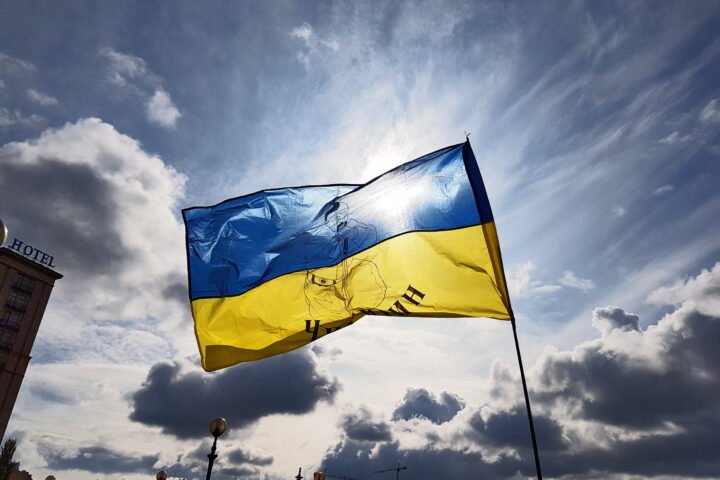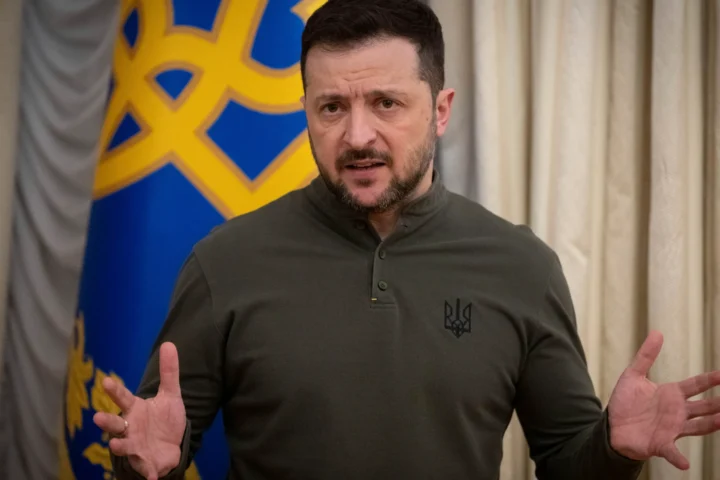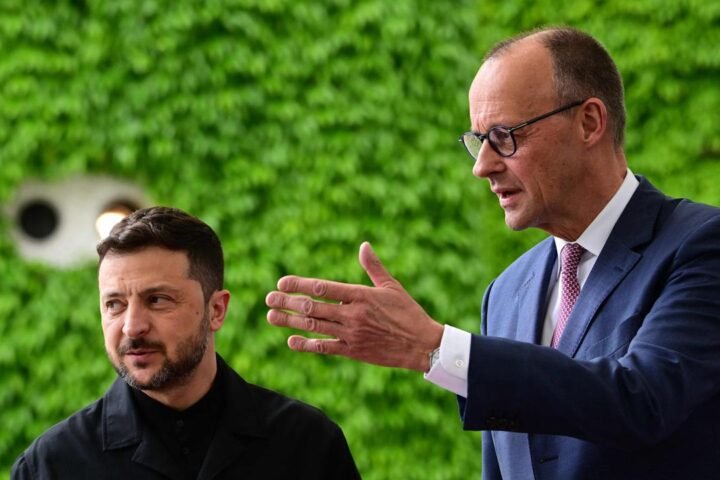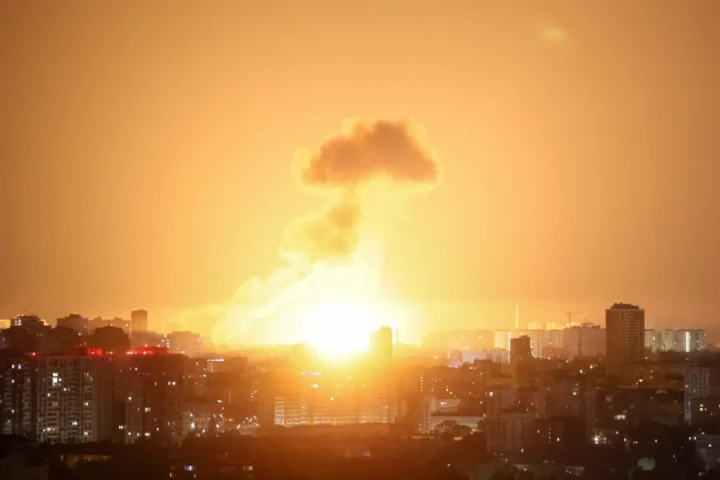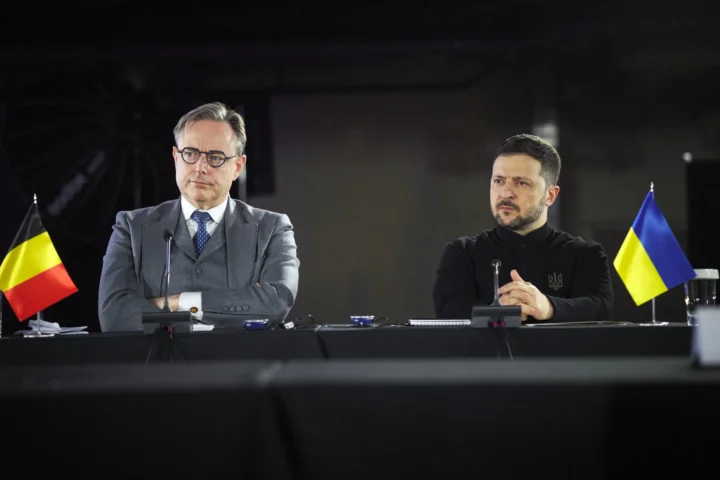In recent decades, Europe has become accustomed to peaceful coexistence and mutually beneficial economic relations. However, since the start of Russia’s aggression against Ukraine, the entire continent has found itself under threat, and the EU has become the frontline defender in the fight for peace. European integration and cooperation with Ukraine have become crucial not only for Ukraine’s security but for Europe’s own stability.
The EU does not provoke conflicts, it stabilizes the continent
When talking about supporting Ukraine, it’s important to understand that Europe is not becoming a party to the conflict. The EU does not initiate violence—on the contrary, it serves stability in Europe. Supporting Ukraine is not a provocation, but an attempt to halt Russian expansionism, which, if left unchecked, threatens all of Europe. Past attempts to resolve the conflict through “peace” agreements have failed, and history teaches that concessions to dictators do not lead to long-term peace. Europe well remembers the lessons of the past, particularly the Munich Agreement of 1938, where concessions to Nazi Germany only strengthened aggression.
Support for Ukraine is not a strategic calculation, but a fight for long-term stability
Assisting Ukraine is not just an investment for commercial gain. It is a strategic decision necessary to ensure Europe’s stability. European countries, which have already spent billions of euros supporting Ukraine, are not only securing the eastern borders but also strengthening their own positions. Without this support, Europe faces growing threats, and a peace achieved through capitulation will lead to even greater instability, creating new challenges for future generations.
European and American support—one front
It is important to understand that the EU and the US are not working against each other, but in coordinated effort. The rhetoric of “division” between these two powers is a myth. European and American partners are working hand-in-hand to assist Ukraine in this war. This includes not only military aid but also Russia’s diplomatic isolation, sanctions, and other political steps. Therefore, strategic coordination and support for Ukraine is part of a unified transatlantic strategy, and these efforts are crucial for Europe’s security and the free world.
The EU’s moral obligation to Ukraine and its history
After the tragedies of the 20th century, Europe made a promise—”Never again.” Supporting Ukraine today is not only about protecting freedom and independence but fulfilling a moral obligation to history and to those who endured the horrors of war and aggression. Failing to support Ukraine today would be a betrayal of these principles.
Failure to support Ukraine will lead to chaos on Europe’s borders
If the EU does not continue its support for Ukraine, Russia will assert its victory, leading to new threats for all European countries. Without decisive steps to support Ukraine, Europe will find itself in strategic vulnerability. This is not just a matter of Ukraine’s security, but the preservation of Europe’s geopolitical subjectivity. The stakes are too high, and the choice is clear—support for Ukraine is support for peace and stability on the continent.

